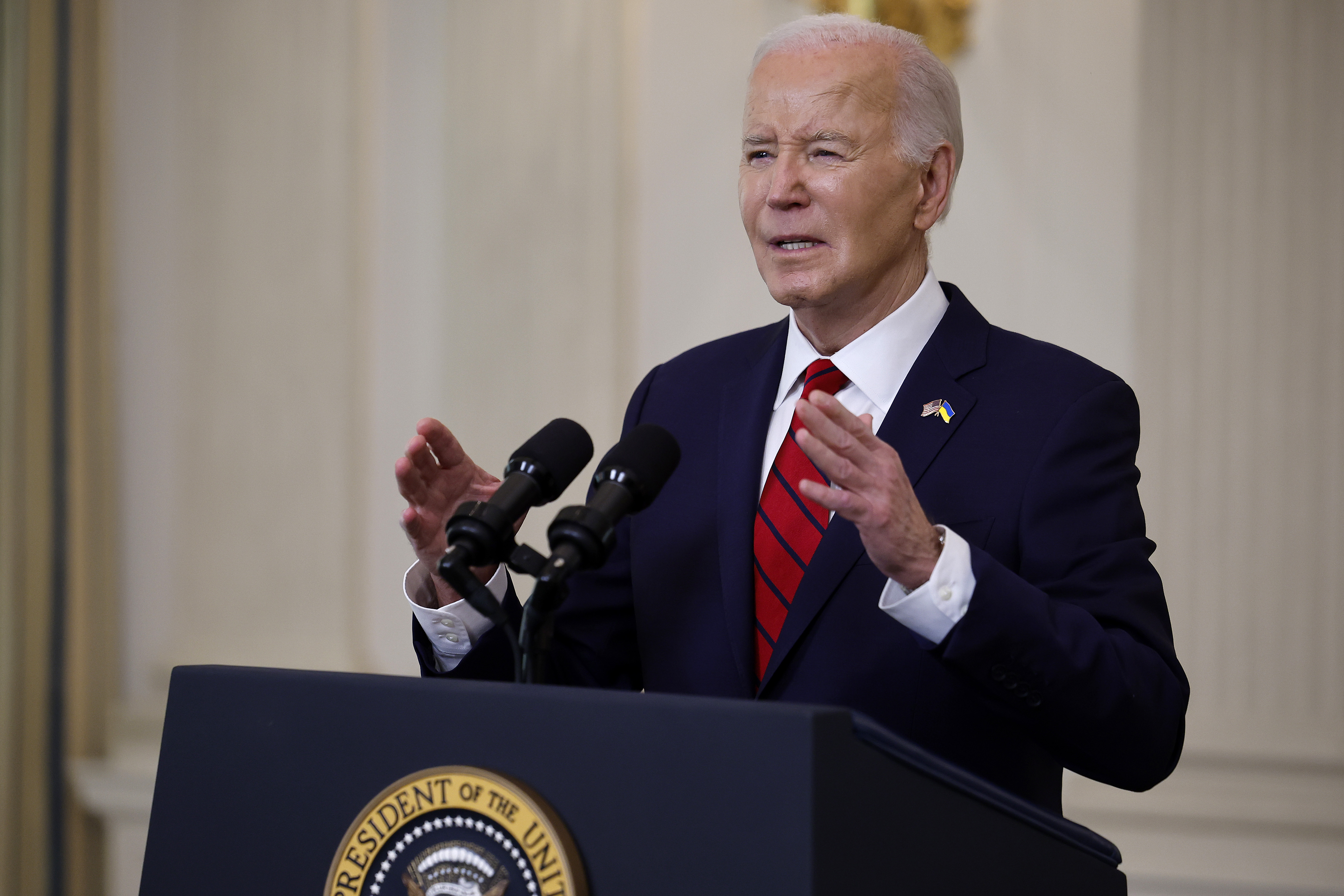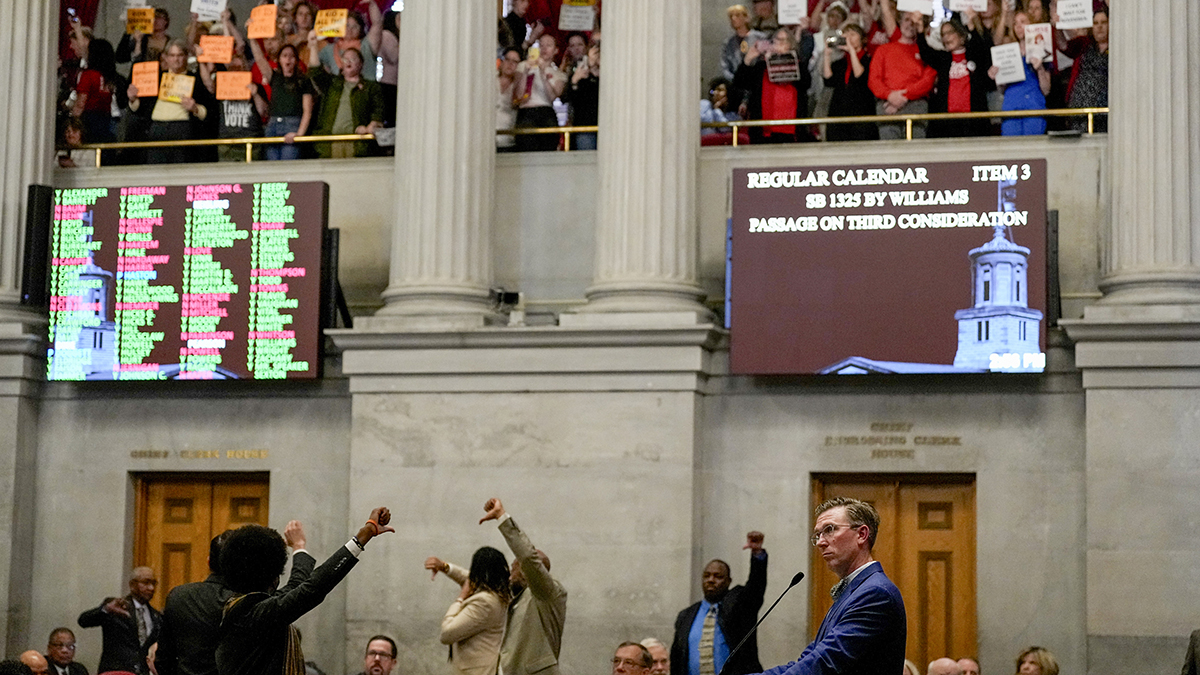A federal judge on Thursday struck down early-voting restrictions Wisconsin Republicans adopted in a December lame-duck legislative session, saying the limits mirror restrictions he blocked two years ago.
Republicans voted in December to limit in-person early voting to no more than two weeks before an election. The move came after a difficult midterm election in November in which the overwhelmingly Democratic cities of Madison and Milwaukee held early voting for six weeks — far longer than in smaller and more conservative communities.
The GOP lost every statewide race but retained majorities in the Legislature and quickly convened the lame-duck session to pass bills that Gov. Scott Walker — also defeated in the election — could sign before leaving office.
Walker and Republicans argued the early-voting window should be uniform across the state, not left up to each community to determine. Walker argued it was an issue of fairness, and that local communities could decide when within the two-week period to offer early voting.
A coalition of liberal groups with the support of former Democratic U.S. Attorney General Eric Holder asked U.S. District Judge James Peterson to strike down the restrictions three days after Walker signed them into law.
Peterson blocked similar two-week early voting restrictions along with a number of other Republican-authored voting laws in 2016. State attorneys have asked the 7th U.S. Circuit Court of Appeals to reverse Peterson.
The appellate court has yet to rule but Peterson wrote Thursday that he can still enforce his own orders in the 2016 ruling. He said the lame-duck early-voting restrictions clearly mimic the limits he blocked in 2016.
Politics
"This is not a close question," Peterson wrote. Later, he added: "Defendants do not even attempt to show that there is a material difference between the number of days permitted under (the lame-duck law) and the number of days permitted under the previous law."
Peterson also blocked provisions in the lame-duck law that prohibit voters from using expired student IDs and temporary IDs older than 60 days as identification in the polls. He said those restrictions too closely mirror statutes he struck down in 2016 that blocked expired student IDs and invalidated temporary IDs older than 180 days.
Kit Beyer, a spokeswoman for Republican Assembly Speaker Robin Vos, didn't immediately respond to an email seeking comment. Alec Zimmerman, a spokesman for Senate Majority Leader Scott Fitzgerald, had no immediate comment.
Scot Ross, executive director of One Wisconsin Institute, one of the groups who brought the challenge, said in a statement that Peterson told Vos and other Republicans "in no uncertain terms that they are not above the law. The Republican attacks on voting rights were unconstitutional when they were passed, they were unconstitutional when the judge struck them down and they are unconstitutional now."
Martha Laning, chairwoman of the state Democratic Party, which is not a party in the legal challenges, said in a statement that Democrats will continue to meet Republican attempts to "rig the system in their favor and sabotage our democratic processes with strong opposition."



